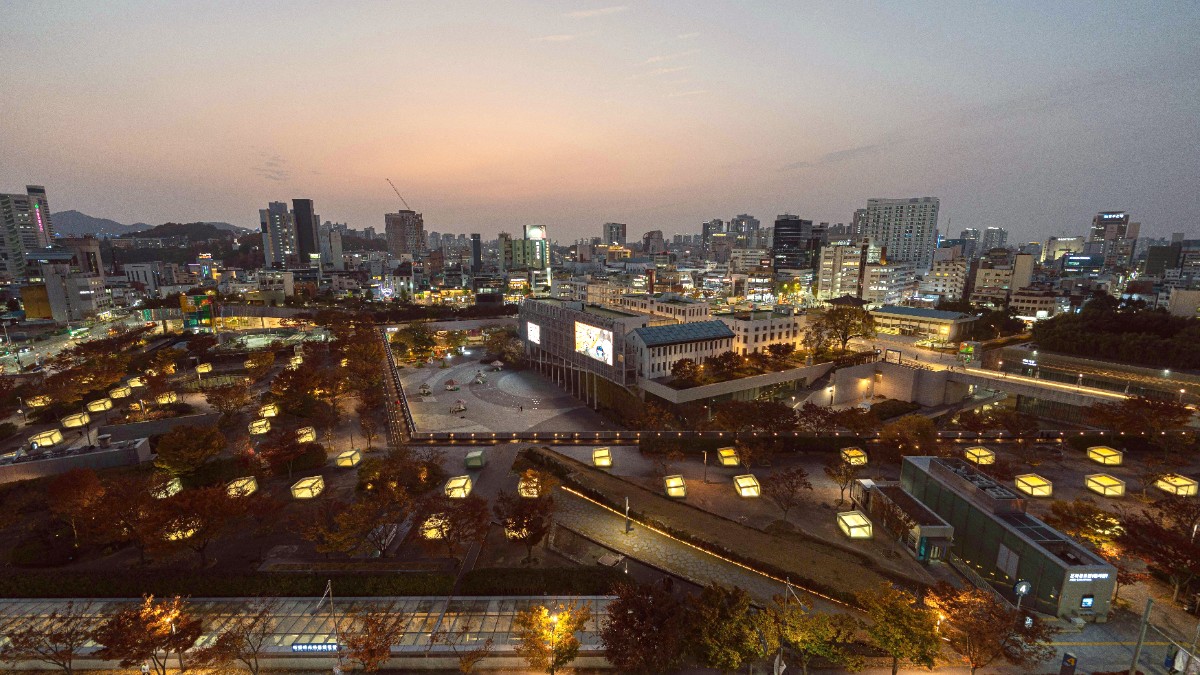
Jeollanam Do, South Korea
South Korea has three major providers: SK Telecom, KT, and LG U+. All provide good coverage and fast speeds. SIM cards are available at major airports or can be ordered online.
South Korea has some of the fastest internet speeds globally. Free Wi-Fi is widely available in many public spaces, cafes, and hotels.
The local language is Korean. English proficiency varies, with younger people and tourism staff more likely to speak it. Outside these areas, English may be limited.
Here are some fundamental Korean phrases.
Plan your trip around major holidays to avoid crowded transport and possible closures. Always check specific venue hours for accuracy.
Respectful interaction with Gwangju's culture deepens your journey. Cultural sensitivity ensures a positive presence.
A slight head nod or a bow shows respect. Handshakes are common in business, often with a slight bow.
Dress smart casual. Modest attire is appropriate for temples (shoulders/knees covered). Remove shoes indoors.
Tipping is not customary. Pour drinks for others first. Use two hands when giving or receiving from elders.
Photography is generally allowed at tourist sites. Be mindful of people's privacy. Ask permission for close-up photos of individuals.
The May 18th Gwangju Uprising has deep impact; approach with respect. Avoid making light of or joking about North Korea.
Contact the Gwangju Tourist Information Center for specific accessibility details. Korean government tourism websites often present accessibility information in their English sections.
Interacting respectfully with Gwangju's culture creates a travel experience and upholds local heritage. Cultural sensitivity leaves a positive impression.
Show respect to elders by using polite language and two hands when giving or receiving items. Direct eye contact is fine, but prolonged eye contact with elders may be seen as disrespectful.
Observe proper behavior at temples and other religious sites. Dress modestly with shoulders and knees covered.
Society is generally conservative, though modern. Traditional gender roles are present, but norms are changing. Gwangju, as a regional city, may be more conservative than Seoul.
Remember to exercise discretion in public. Respect local customs and always attempt to be a thoughtful guest in the community.
Adhering to these practical tips and cultural norms will enhance your Gwangju experience, fostering respectful interactions and smooth navigation.
Gwangju makes efforts to better accessibility for travelers with mobility needs, though some challenges may exist, especially in older areas.
Gwangju Metro stations typically feature elevators and accessible restrooms. Platforms are usually level with train cars. Many newer city buses are low-floor and equipped with ramps.
The Asia Culture Center (ACC), a modern complex, was designed with accessibility. The May 18th National Cemetery pathways are relatively flat and navigable.
Tactile paving is common on sidewalks and within subway stations. Audio announcements on public transport are often in Korean and English.
Contact the Gwangju Tourist Information Center in advance. They can offer specific accessibility details and recommendations.
Confirming specific needs prior to arrival can support a smoother and more pleasant travel experience for all visitors.